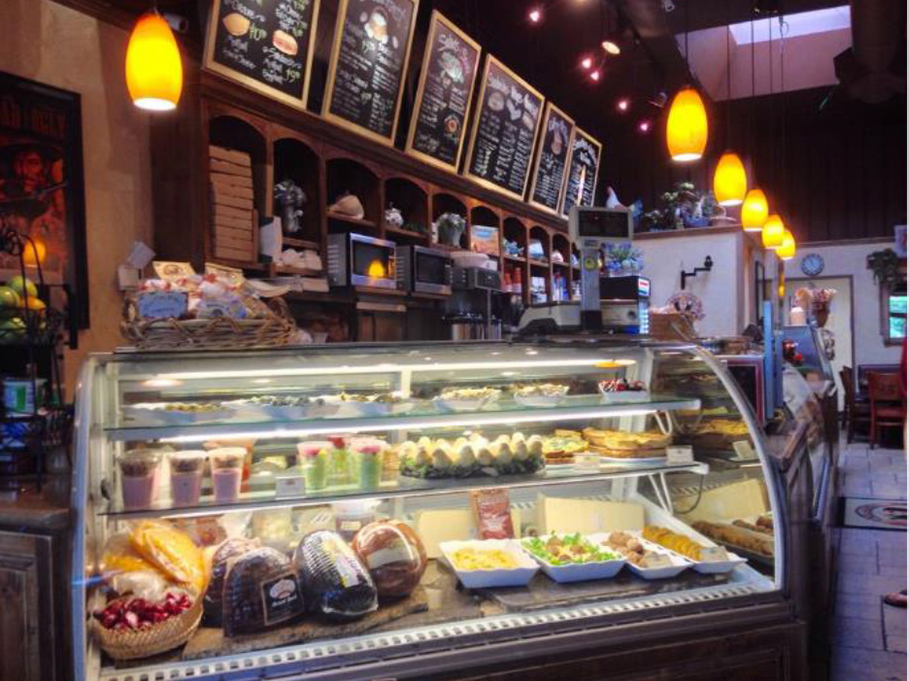CHAPTER TWENTY-NINE WHEN YOU ARE OLD AND GRAY
Later that day, Malarkey and Liliana walk along Carmel Beach, holding hands. Now, for those Readers who have not walked Carmel Beach holding hands or not, then nothing Malarkey can write would be good enough to describe it. Comprehend it. Neither an Ansel Adams photo nor an R. L. Stevenson narrative passage could do justice to walks on the seashell white sands of Carmel Beach, as the Pacific fog passively creeps in before seducing the shoreline. It’s December, the water’s cold, but they walk barefoot anyway, holding their shoes in their hands. Malarkey walks Liliana toward a sand dune and they sit beneath a cypress overlooking the soon to be sequestered shore. Malarkey has no intention of writing about cypress trees and how, in classical antiquity, they were a symbol of mourning and so he leaves it at that. Malarkey leans back against the tree as Liliana sits between his legs. He wraps his arms around her as they both look out to sea.
“One day, twenty-five years ago, I came here to get away from academics. From grading papers and attending meetings and dealing with the bureaucracy, with the onslaught of memos and meaningless messages about minutiae. From students pleading for direction their parents avoided giving them.”
“Did it help?”
“I wasn’t here but for a day when my mother called to tell me my father died of cancer. And I remember I came to this tree, sat down and wept.”
Liliana says nothing, just holds his hands closer to her stomach.
“He was a self-learner. Never finished high school. When I was accepted to Oxford, there wasn’t a soul he didn’t tell. And when he died, a copy of my first novel was on his nightstand. The day before my father died, the attending physician saw the book, showed it to him and asked him if he recognized the author. According to my mother, my father merely scowled at him as if in some small, defiant measure he was politely telling the physician to fuck off. It was his last scowl, but I can imagine what it looked like and six weeks later, almost to the day, my mother died.”
Malarkey pauses for a moment and gathers his thoughts.
“When you are old and gray and full of sleep, And nodding by the fire, take down this book, And slowly read, and dream of the soft look Your eyes had once, and of their shadows deep; How many loved your moments of glad grace, And loved your beauty with love false or true, But one man loved the pilgrim Soul in you, And loved the sorrows of your changing face; And bending down beside the glowing bars, Murmur, a little sadly, how Love fled And paced upon the mountains overhead And hid his face amid a crowd of stars.”
“Yeats.”
“Yeats.”
“How did she die?”
“Doc said it was an aneurysm, but I’m convinced it was from reading my last unpublished novel.”
Liliana turns to look at Malarkey, at Malarkey with the bittersweet smile.
“I love you, Malarkey.”
Malarkey looks at her, there’s a pause.
“When I die I want your name to be the last name on my lips.”
She kisses him on the lips and as they walk hand in hand through Carmel listening to the senescent sounds of the sea from somewhere in that cloudless sunset they faintly hear the song “The Folks Who Live On The Hill” which fittingly ends as they approach the Café Carmel.
Things seem to be getting a bit too maudlin here what with death and dying and Yeats and weeping, so Malarkey thinks it best to move on with the plot and after they leave the beach, they go to the Café Carmel. This is the inside of the Café Carmel:

They order two cappuccinos.
“Have you decided what you want to do after finals?”
Liliana asks.
“Probably stay home and make a futile attempt at finishing a futile novel. The futility of it all. I feel as if I were a piece in a game of chess, when my opponent says of it: that piece cannot be moved and if you move it wherever you move it you’re checked.”
“That’s not Yeats.”
“Kierkegaard.”
“How’s Italy sound to you?”
“As a culture or an investment?”
“I’m going home for the holidays and I want you to come with me.”
“To meet the Fockers?”
“In a way.”
“How do you think that’ll work out?”
“Trust me. It’ll work out fine.”
“Based on what you’ve told me about them, especially about your mother, I’m not so sure.”
“They’re my parents and I’ll deal with them.”
She looks at her engagement ring.
“What do I do in the meantime?”
“In the meantime, try to pack as if you were going for more than a weekend. Or do you want me to do it?”
“No, I can do it. Just need to buy some new blue work shirts.”
“Precisely.”
“Not sure I want to leave Carmel.”
“Why not?”
“Because …”
“Because you’ll have to finish grading final exams from nineteen-ninety?”
“You know me so well.”
“You have no idea how well. No idea.”
They kiss. End of chapter.